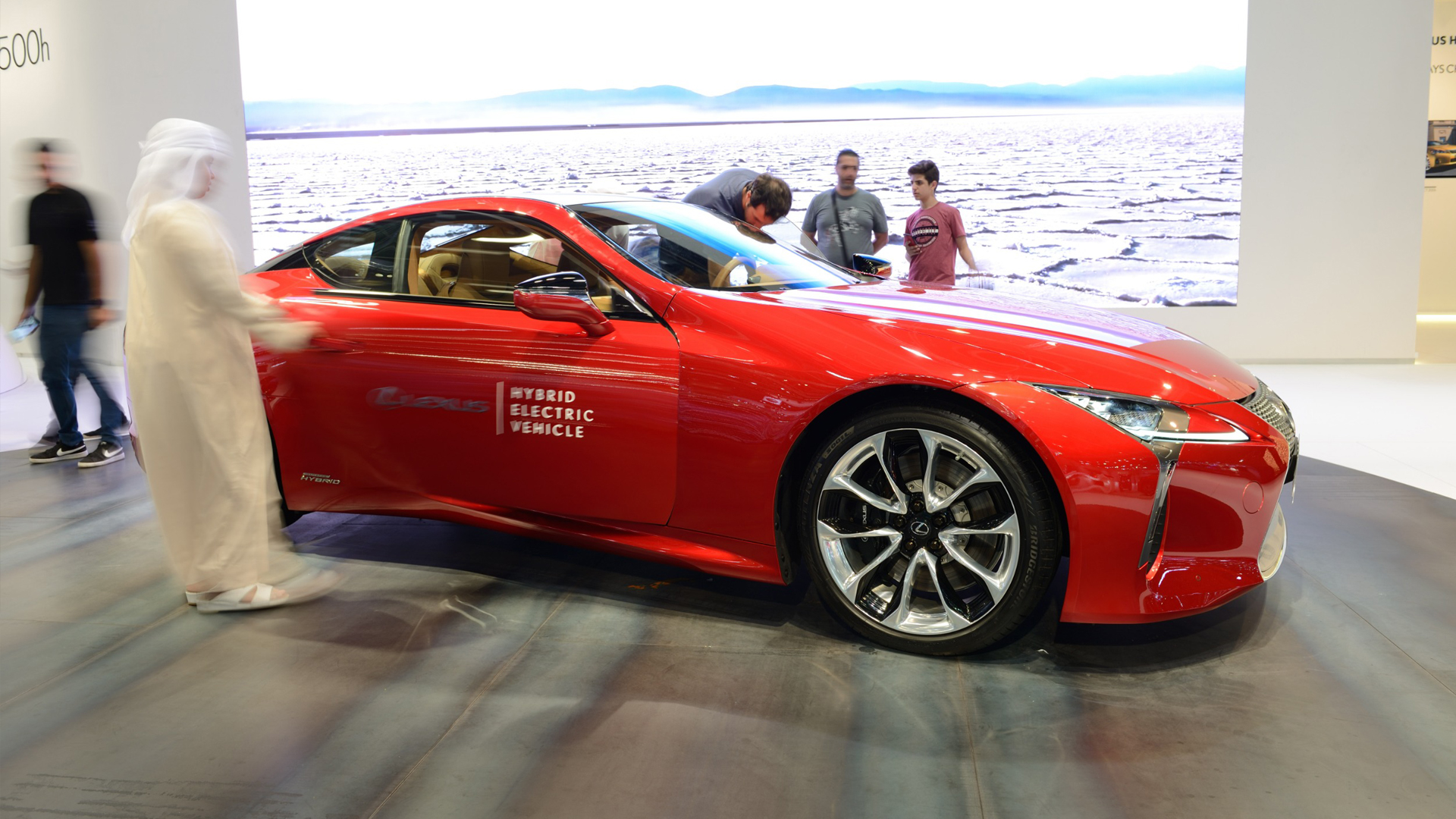
The automotive industry in the United Arab Emirates has shown great resilience and growth over the years despite global setbacks. The recent global economic slowdown has not derailed the growth and demand for cars in the country, and it is still going strong. The UAE market currently offers a diverse range of vehicles from various brands and caters to the needs of a diverse set of customers. However, trends in the market are changing constantly, and auto companies should be aware of the latest trends to stay ahead of the competition. Let's look into new trends that are emerging in the UAE auto industry and their impact on the market.
Electric vehicles (EVs) are becoming more prominent in the UAE auto market. While they only make up a small percentage of the overall market, their popularity is growing due to increasing concerns about the environment and the need for sustainable transportation. Governments across the UAE are also offering incentives to promote the use of EVs and encourage people to switch from traditional gasoline vehicles.
The Dubai Electricity and Water Authority (DEWA), for instance, has been taking steps to promote green transportation, including providing free charging stations for EV owners. In addition, the Abu Dhabi government has set a target to have 42,000 EVs on the road by 2030, with free parking and charging facilities available across the city.
Automakers have also taken note of the growing demand for EVs. Tesla, one of the leading EV manufacturers globally, has established a strong presence in the UAE and set up a showroom and service center in Dubai. Other automakers such as Nissan, Renault, and BMW have also introduced their EV models in the UAE market.
In recent years, there has been a significant increase in online shopping across various industries, including the automotive industry. Consumers today are looking for convenience and ease of access, and auto companies are looking to capitalize on this trend by offering online purchasing options. The UAE auto industry has also started to embrace this trend, and many automakers have introduced digital sales channels.
Jaguar Land Rover, for instance, has launched their new platform called Click and Drive, providing customers in the UAE a hassle-free and convenient way to purchase their vehicles online. Other brands like Hyundai and Renault also offer online sales options in the UAE, allowing customers to browse and purchase vehicles from a range of models.
Autonomous vehicles (AVs) and connected vehicles are rapidly transforming the global automotive industry. The UAE has also started experimenting with AV technology, with the Dubai Roads and Transport Authority (RTA) and DP World launching a pilot program for AV trucks in 2019. The RTA has also set a goal of transforming 25% of the total transportation network into autonomous mode by 2030.
Self-driving vehicles and connected cars offer a set of benefits, including increased road safety, increased efficiency, personalized driving, and cost savings. With AI-driven systems, connected cars can provide real-time traffic data, optimized routing, and accident prevention systems that could significantly reduce road congestion and enhance transportation experiences for consumers.
Automakers and technology companies are working together to develop AVs that would be successful in a gradual transition towards full autonomy. Audi, for example, has recently launched the A8 L, which includes highly advanced Level 3 automation features. Other auto manufacturers like Hyundai and Mercedes also introduced their own autonomous features in their vehicles.
Another trend that is emerging in the UAE auto industry is the rise of subscription-based models. Automakers are beginning to experiment with this sales model, allowing consumers to subscribe to a vehicle or fleet of vehicles and pay a monthly fee to use it. This trend is a shift away from the traditional concept of owning a car and could be a game-changer in the industry.
The subscription model offers flexibility, affordability, and access to the latest cars, making it ideal for a younger, tech-savvy generation. Many automakers have launched subscription programs in the UAE, including Audi, Jaguar, and Volvo, allowing consumers to choose their preferred vehicles and pay a monthly fee to use them.
Shared mobility solutions like ride-hailing, car-sharing, and carpooling have revolutionized the urban transportation landscape across the globe. With the growing population and increasing traffic congestion in the UAE, shared mobility solutions have the potential to provide significant benefits to commuters and travelers in the country.
In recent years, there has been a growing interest in shared mobility businesses across the UAE. Careem, for example, is one of the leading ride-hailing companies in the region, operating in various cities across the country. Other automakers have also started partnering with shared mobility companies to provide shared mobility solutions to the residents of the UAE.
The UAE auto industry is evolving rapidly, and automakers will have to be flexible and adaptive to keep up with the latest market trends. From EVs to shared mobility solutions, digital sales channels, autonomous cars, and subscription models, the industry is experiencing unprecedented transformation. Automakers that adopt these trends will be better positioned to meet the evolving needs and preferences of consumers and stay ahead of the competition. The UAE market offers great opportunities for growth, innovation, and expansion, and automakers that successfully navigate this dynamic and complex market will thrive in the long term.
Share your moments and explore the perfect mix of modern luxury business and lifestyle stories.
Every alternate week get a packaged update from the world of luxury. A newsletter tastefully curated by the luxurylifestyle.ae
Every alternate week get a packaged update from the world of luxury. A newsletter tastefully curated by the luxurylifestyle.ae